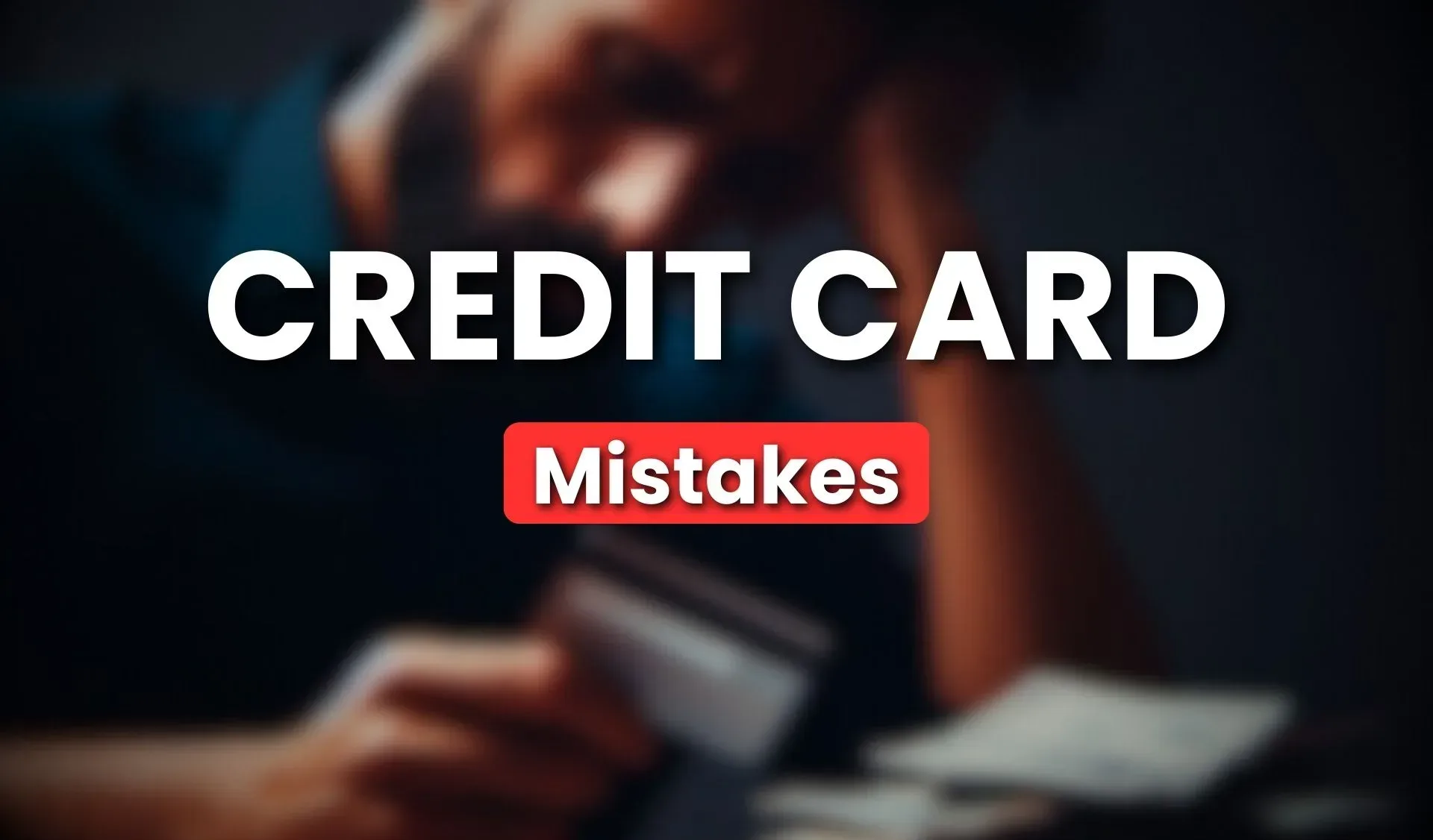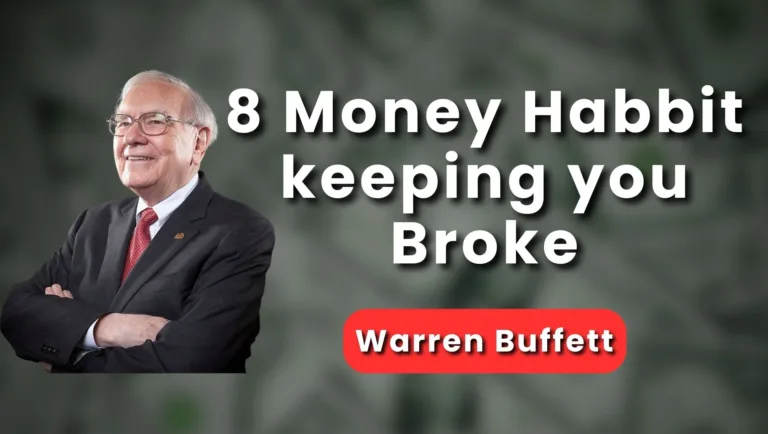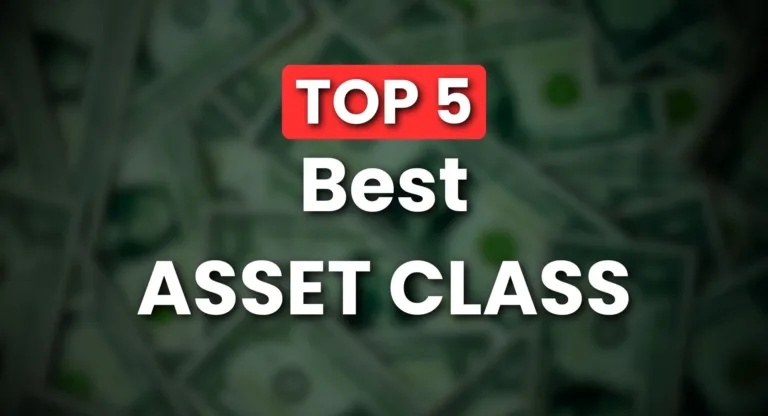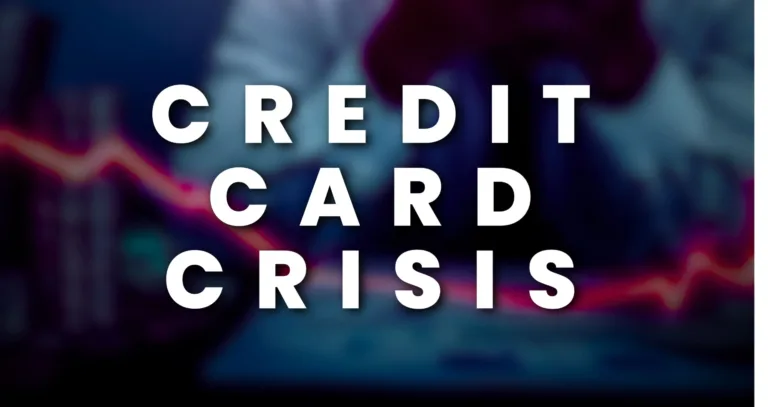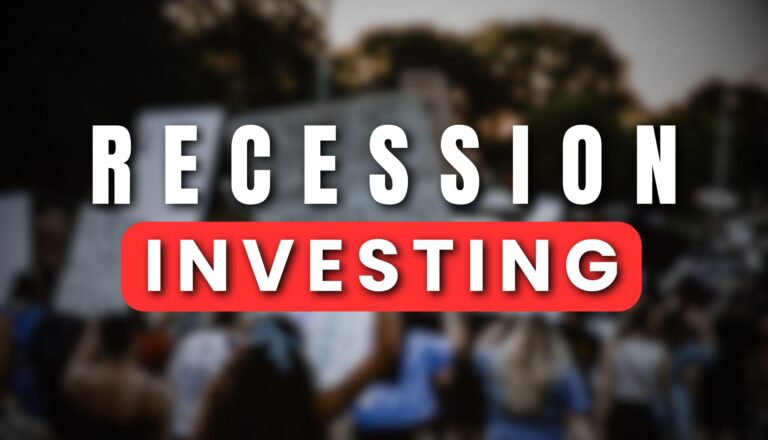6 Credit Card Mistakes You Should Avoid | Credit card mistakes and how to avoid it
In today’s financial landscape, credit cards have become an essential part of our daily life. Right from purchasing goods online to booking flights and hotels credit cards have offered us unapparelled convince and flexibility. However, such ease of use can play a double edged sword and can parallelize your financial stability and can lead to significant financial setbacks. Today in this article, we will discuss about Top Beginner Credit Card Mistakes to Avoid.
Table of Contents
Mistake 1: Carrying a Credit Card Balance
Biggest and most common mistake one can do is carrying an outstanding balance on their credit card.
When you own a credit card, it is very important to understand that any amount you spend from your credit card is the amount you borrowed from financial institutions. It is similar to a short-term loan against your name.

At the end of each statement cycle, you will have to pay back the institution the amount you owe to them, any failure to do so will attract heavy penalty and high interest rate. Interest rates on such outstanding balance can range from 14% to 30%.
To avoid such mistake, you should follow simple rule that if you cannot afford to pay entire balance on you credit card at once then you should not make the purchase in the first place. Its important to have necessary funds to cover your credit card bills fully.
Mistake 2: Making Minimum Payments
Another major misconception among credit card holder is the concept of “Minimum due amount”
When you will receive your credit card statement for the month, you will typically have 2 payment options – 1) Minimum Due Payment Or 2) Full Due amount. By paying just Minimum due amount, you are not paying off you due, but paying just a part of it.
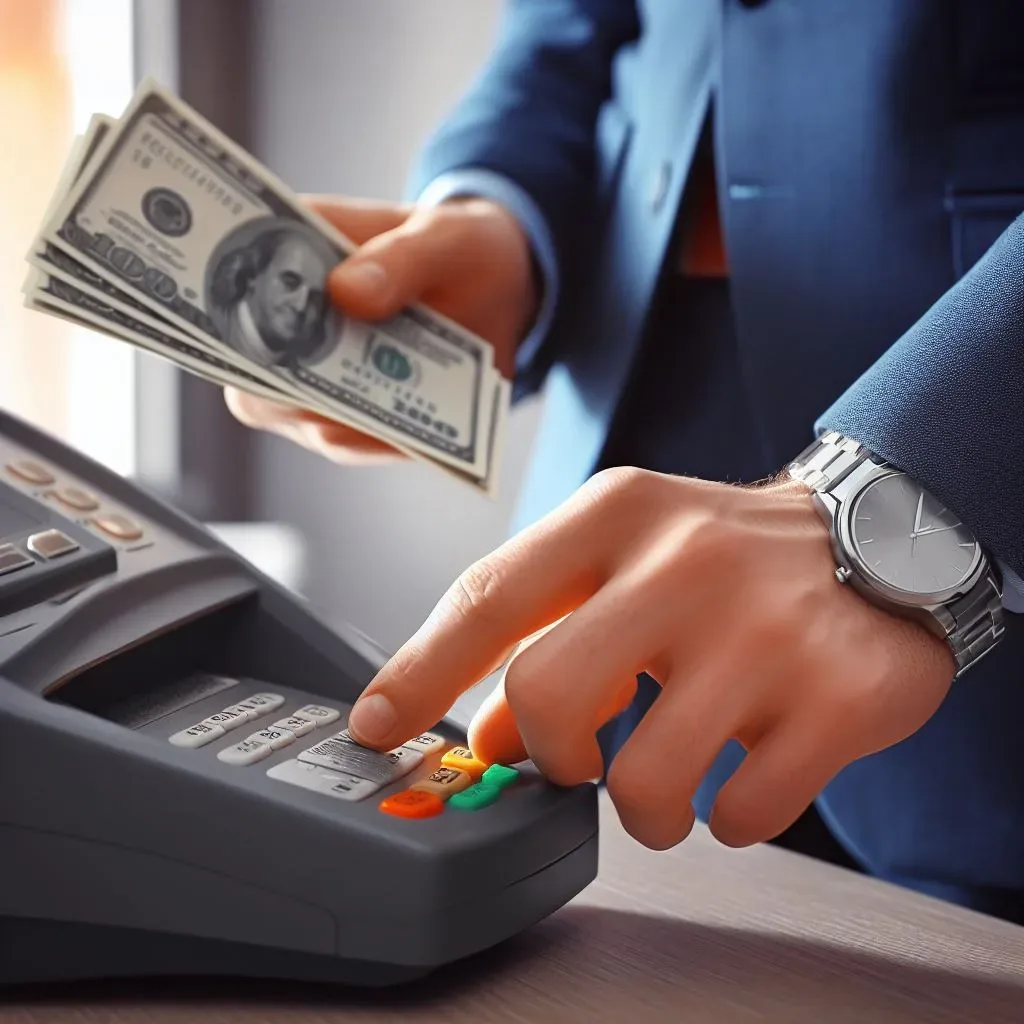
By the look, it may feel like you are making the payment for the amount mentioned by the credit card provider, however if you pay just the minimum amount due then you are considered as a defaulter and will have to make payment for default charges and an exorbitant interest on balance amount you owe to the card provider.
To avoid this mistake, you should always setup an automatic payment for your credit card dues. Automation can help you to avoid any human errors and ensure responsible credit card usage.
Mistake 3: High Credit Utlization Ratio
High Credit utilization Ratio is the percentage of funds used from your credit card’s balance.
It means, if your credit card limit is $ 10,000 and you used $ 2,000 in a month, then your Credit utilization Ratio is 20% ( $2,000 / $ 10,000 ).
Your Credit utilization Ratio plays a vital role in determining your credit score.

If your credit utilization ratio is high then it will negatively affect your credit score, and if credit card utilization is low then it will help you to improve your Credit score.
To avoid this mistake, you should keep a track of your credit card usage and make sure to keep usage below 30% to improve your credit score.
You may also like
Click Here > Why You Should Buy Everything With Credit Cards
Click Here > Understanding the Credit Card Crisis
Mistake 4: Withdrawing cash from Credit Card.
Withdrawing cash from credit card is the mistake one should avoid at any cost and should only be reserved for emergency use only.
Withdrawing cash from credit card is basically borrowing money from the lender, however it comes with exceptionally high-interest rates and fees from the time cash is withdrawn from the credit card.
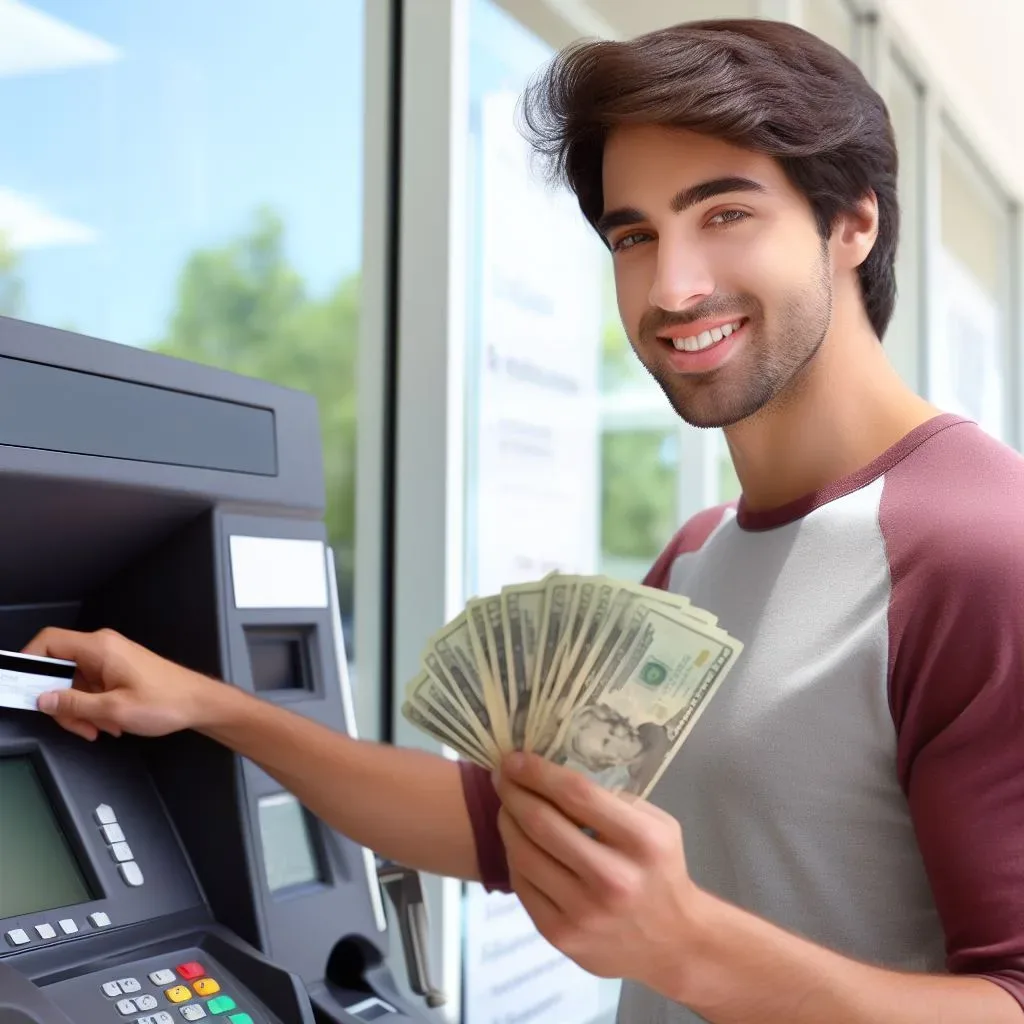
Utilizing cash advance from your credit card is a financial decision that should be made only in dire situations as interest rates are significantly higher as compared to regular credit cards making them the costliest option.
To avoid this mistake, you should hold sufficient cash balance in you saving accounts and lock cash withdrawal option from your credit card.
Mistake 5: Not Using Your Credit Card
A surprising but significant mistake many individuals do is to not use their credit card at all.
Some individuals receive their credit card, and forget they own it or rarely use their credit card, this will have an impact on your credit history and credit score.

Credit bureaus like to see your responsible usage of credit card, which helps them to establish your credit worthiness.
When you own a credit card but do not use it, you don’t provide necessary evidence of your ability to manage credit cards and debts responsibly. Lenders may question your credit worthiness if you do not provide note-worthy credit history.
To avoid such mistake, you should make a small and regular purchase with your credit card and setup-up automated payments to avoid missed payments.
Mistake 6: Using Wrong Type of Credit Card.
Choosing the right type of credit card also plays a very important role in your credit card journey and can potentially cost you significant rewards and financial benefits. One should not opt for credit card without a clear strategy.
You should select credit card based on your usage and which will benefit you the most and not just because your friends or peers are using the credit card.
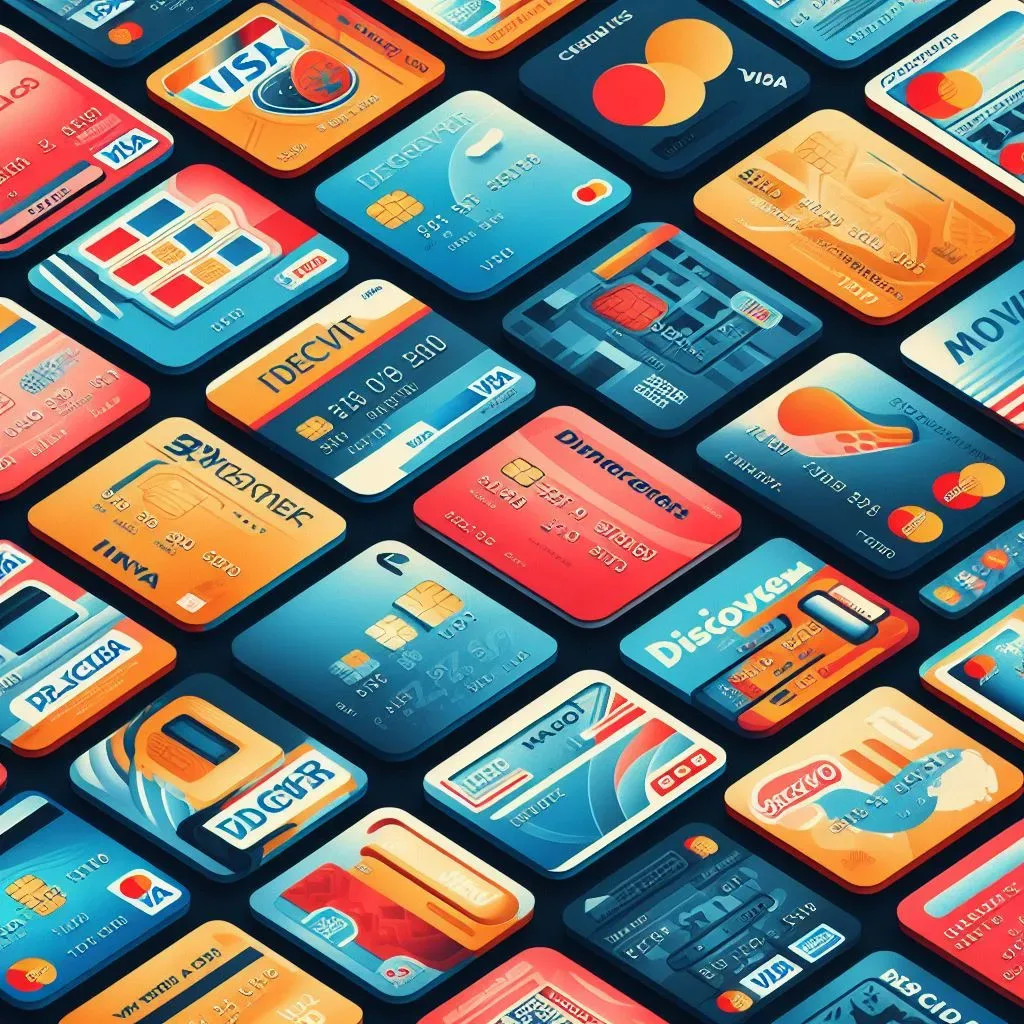
If you spend most of your money on online purchases then you should select a credit card which offers maximum cashbacks and rewards for online spends. If you are a frequent airlines flyer, then you should prefer a credit card which provides maximum cashbacks on flight tickets or provide free lounge access. If you travel a lot by your personal vehicle, then you should prefer a credit card which will provide you with best cashbacks on gas/petrol payments or provide free gas on achieving a set milestone usage.
To avoid such mistake, you should do a complete research of the credit card features and make sure the credit card aligns with your usage patters and rewards you the most.
Conclusion
Credit cards are the most valuable financial tool available if you used it wisely and responsibly. By understanding above common credit card mistakes and avoiding the same you can make the most out of your credit card. Remember to be vigilant while using your credit card, pay all your dues fully and on time and select the best credit card which suits you.
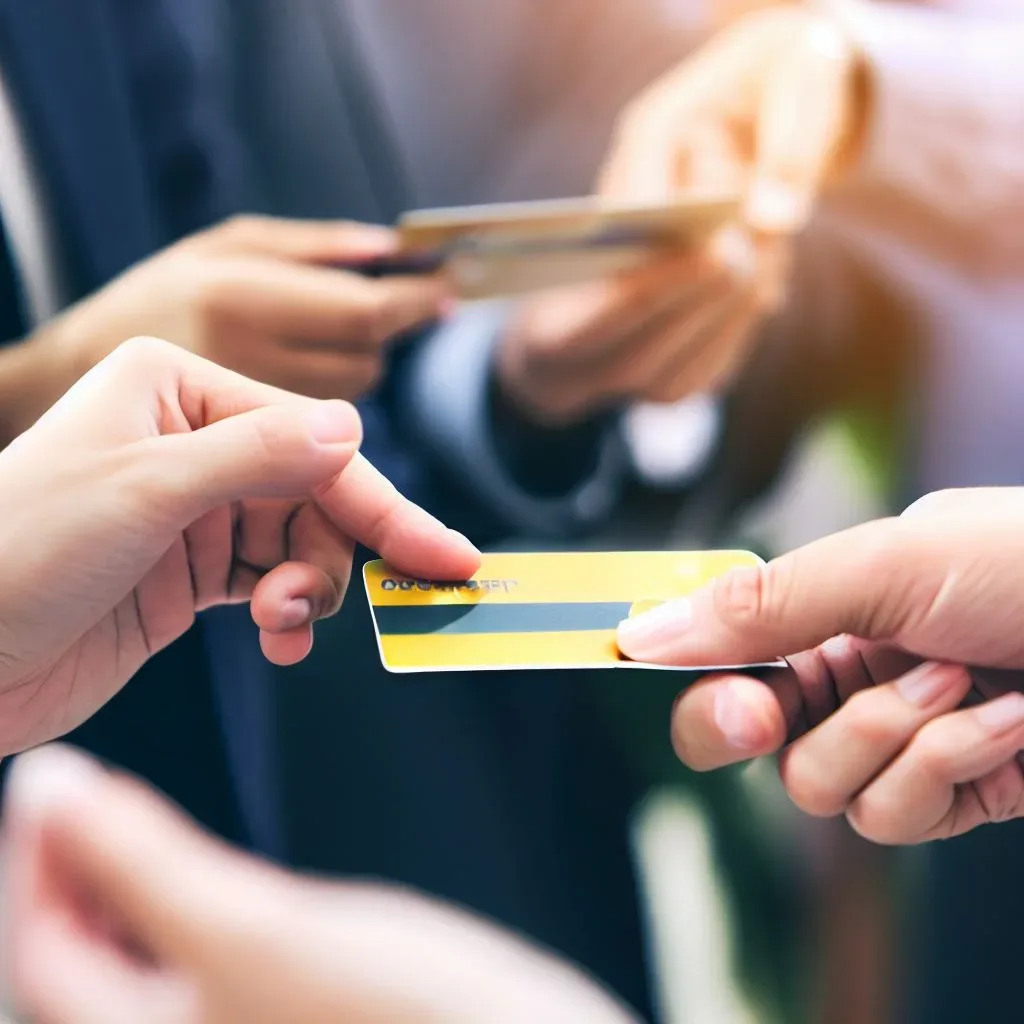
FAQ
Q Credit card limit for $ 30,000 salary
Your credit card limit will be around $15,000 to $ 30,000
Q What is Credit card competition act
The intention of the CCCA is to encourage price competition in the marketplace and therefore, it is posited, lower interchange rate. As merchants seek to obtain better deals for the processing of their credit card transactions, by placing restrictions on the current status quo relationships between the largest issuing banks and the payment networks.
Q Cards with $2000 limit guaranteed approval
You can get Reflex® Platinum Mastercard® or Capital One Quicksilver Secured Credit Card with $2,000 Limit.

